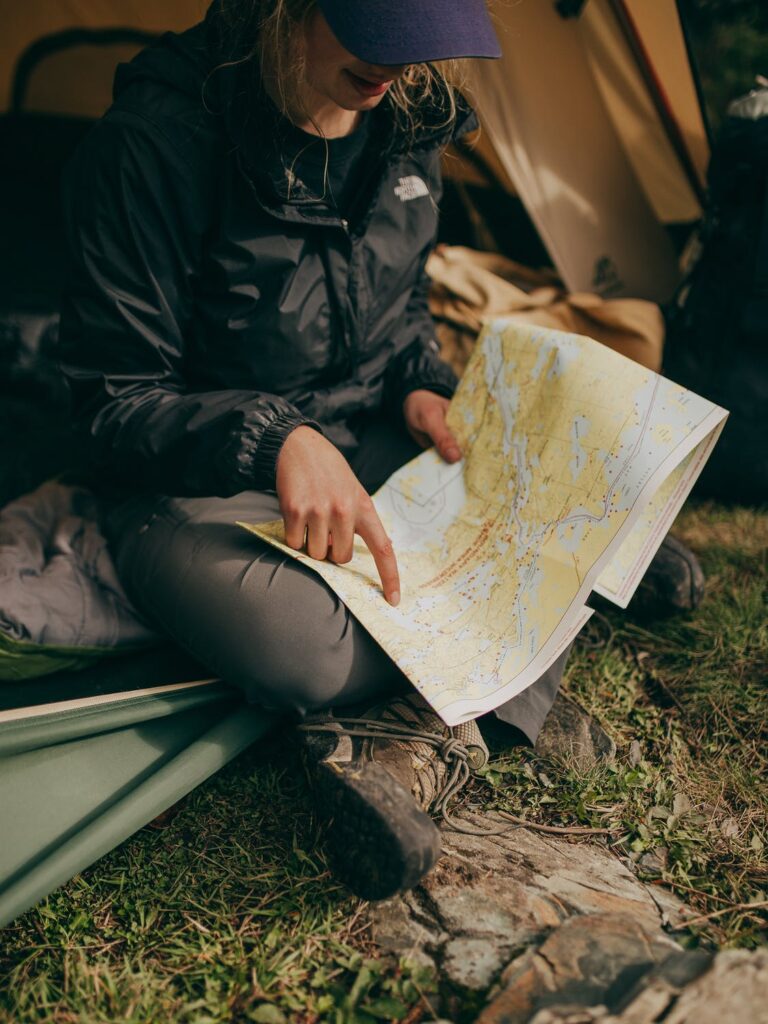
Travel. It’s probably one of the first and most frequent “on our own” activities many of us experience. As kids, it might start with summer camp, or being allowed to take the bus to a friend’s house. As we get older, we begin to hit the road for school and leisure, perhaps a spring break run to a beach, or a summer adventure across the United States or Europe. Later still, travel becomes a matter of obligation: business trips, familial command performances, places we might not really want to be but there we are anyway. Regardless of whether the travel is voluntary or not quite so voluntary, we might not always have the luxury of someone we know coming with us to show us how it’s all done.
Like any new experience, the steps for success I talked about the other day hold true: limit the overload of newness, prepare as much as possible in advance, and ask for help. All of that will help you get to your destination and back home again with as little stress as possible, which is, of course, your primary goal. But they’ll also help keep you safe from all sorts of potential dangers. Overload and lack of preparation, and trying to manage everything by yourself – they’re all part of the recipe for being overwhelmed and distracted. Those aren’t just siren songs for violent criminals looking for victims to assault, but attractive to petty criminals looking for the small opportunities to do you harm. Even without their direct involvement, being overwhelmed and distracted can get you lost or your things lost. Sometimes, that ends up in terrible situations like walking straight into physical danger, as simple but injurious as traffic or a light pole.
Those aren’t the only dangers of travel, though, so those steps for success aren’t the only strategies that will help you stay safe on the road. Even when you are completely on the ball and doing everything right, you can still become a target for human predators and for the non-human risks native to your destination and the places in between. Let’s talk about a few of those potential problems, and what you can do about them.
Hotels and other transitory lodging attract predators of all types. They know the people staying in them probably aren’t familiar with the neighborhood, and don’t know who or what looks normal or out of place. Since one of the greatest clues that trouble is about to visit you is that there’s someone who doesn’t belong, you will instead need to rely on paying attention to more behavioral details. Pre-assault cues or pre-incident indicators are universal, no matter what somebody looks like or what they’re wearing. Not sure what they are? I’ll drop a link to an introductory video in the comments. So, too, are the kinds of stranger activities that should raise an eyebrow even if you’re home, like an unexpected delivery person knocking at your door or a shady-looking person trying to peer into your car or room window.
Being somewhere unfamiliar also means you likely don’t know how the things around you work. Locks might work a little differently than your locks at home, both wherever you’re staying and in whatever car you’re driving, so you might not have actually done what you think you have to keep strangers out of your temporary space. Traffic might work in opposite directions than you’re used to, or there may be traffic signage and rules you aren’t familiar with that can lead to an accident because you aren’t looking the right way or turning at the right time. Social norms might work in unusual-to-you ways, so that the friendly thumbs-up you intended might be taken as a unforgivably offensive, or the touristy snapshot you want to take might be considered unbearably rude, leading you to otherwise avoidable conflict. For that matter, even the faucets might work oddly to you, making scalding burns more likely – perhaps not life-threatening, but certainly life-annoying.
Local flora, fauna, and climate can be rather different from home. Allergies might range from a runnier nose from extra pollen in the air to anaphylactic shock from a previously unknown-to-you insect having a snack on you. The weather might be colder or hotter or wetter or drier than you’re used to, so that you need to dress differently than you might normally, and take care of you and your gear differently. You might suddenly be at a higher elevation, with the altitude sickness that can go with it, and not a clue about what those symptoms mean and when you might need to see a doctor about them. Certain foods can make you ill, and food poisoning might be more likely than at home. It’s easy for destination research to skip over these types of details, especially if you aren’t planning a long stay, but devoting some time to it can be both more comfortable and more likely to keep you from getting literally, deathly ill.
In some ways, all of this is about expanding your idea of preparing for newness when you travel. It’s not just about the getting there and getting home, or the activities that you plan to participate in while you’re on the road. It’s also about understanding the new context for the everyday moments of your life, the ones that you live no matter where you are.




